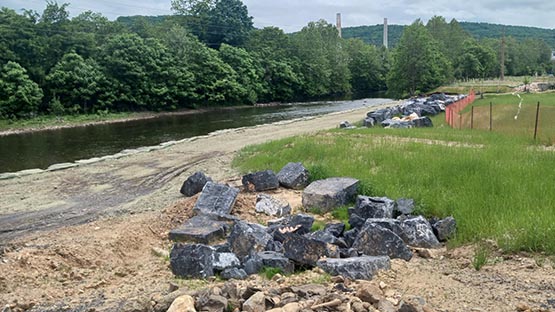
Stories about PTSD (Post-Traumatic Stress Disorder) are becoming more prevalent on social media and in today’s news coverage. Commonly, we hear about veterans or soldiers suffering from this condition after coming home from war. However, other situations can cause PTSD.
Trauma from a single incident, which is when an individual has an injury or traumatic experience one time, such as a car wreck, can lead to PTSD as well. There are several brain functions that we still don’t have a clear understanding of, but there are some ways to recognize and address trauma from a car accident to help victims get the mental and emotional assistance they need to lead healthy and fulfilling lives. Here are some of the symptoms to look out for and what to do about them.
Re-experiencing
Symptoms of re-experiencing include having flashbacks or nightmares about the car accident. This can disrupt your sleep by waking you up in the middle of the night or causing you to avoid sleep so you won’t have nightmares. Of course, when you don’t get adequate sleep, your memory is affected, you lose the ability to concentrate effectively, and you’re generally in a bad mood.
Emotional avoidance
This PTSD symptom occurs when you don’t want to be around any people or things that remind you of the traumatic event. This type of anxiety is normal to an extent, but you may find that you don’t want to drive, ride in a car as a passenger, or be around the people who were involved in the accident with you.
Hyper-arousal
This is a response to your nervous system as a response to things that didn’t trigger you previously. You may have an increased heart rate and rapid breathing, as well as sweating and an upset stomach when you have to experience certain events that have never caused a traumatic response before. For instance, you have hyper-arousal when you wake up in the morning and realize you have to go to work since this means you’ll have to get in the car and drive there.
Treatment for PTSD
PTSD is a serious condition but it is treatable. Receiving management tips and quality care from a mental health professional can teach you to deal with the PTSD you’ve experienced after a car accident.
When acute intervention is imperative, it’s important that you feel that the therapist is normalizing your symptoms and helping you understand why you feel the way you do. Behavioral therapy could be an effective treatment when it comes to managing your anxiety and triggers.
For instance, if you were in a car accident while you were on the way to pick up your children from school, a therapist will help you to stay grounded at the moment and not become overly anxious or irritated when you’re getting your children ready for school since your children going to school could be an accident trigger. If your car accident happened as a result of a drunk driver, you may be scared to attend parties or celebrations with family and friends, especially if alcohol is involved. Therapy will help you determine which environments are safe for you and encourage you to stand your ground when you refuse to get in the car with someone who has been drinking.
If you’ve been in a car accident and are still reeling from the negative effects of the wreck, you can ask a car accident attorney in Augusta to represent you in your case. A lawyer who has the skill to assist car accident victims from a legal perspective can review all the evidence connected to your case and give you the tools you need to win your case in court or receive a far out-of-court settlement. Your lawyer can also refer you to a therapist or counselor who can assist you in properly processing the feelings and mindsets you’re experiencing in the aftermath of your accident.
Story by Mark Scott. With a law degree under his belt, Mark Scott understood very early that law communication was a relatively neglected area. He decided to help people by “translating” the language and offering information and advice in a clear, useful, and actionable manner. For this reason, instead of finding him in court, you will most likely find his name online, where he is very active and thriving as a legal columnist. His part of making the world a better place is to make the law a less convoluted maze. He aims to make it easier for people to understand when and how to seek legal counsel, how to proceed in a significant number of legal matters, and to find the proper resources so they can stand up for their rights.










